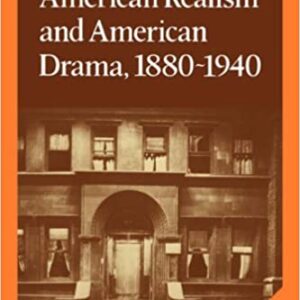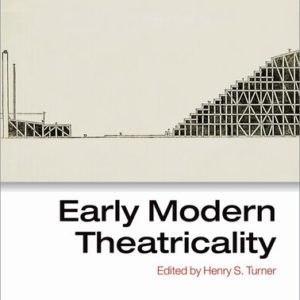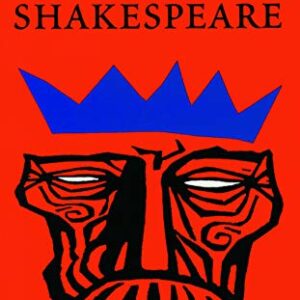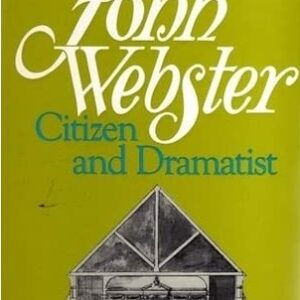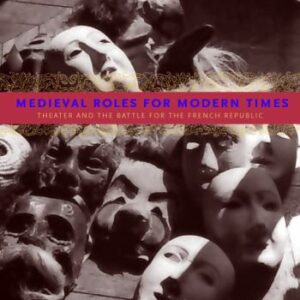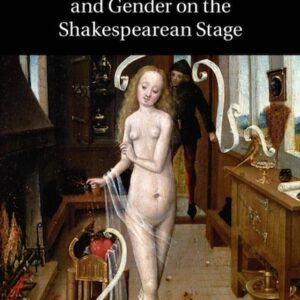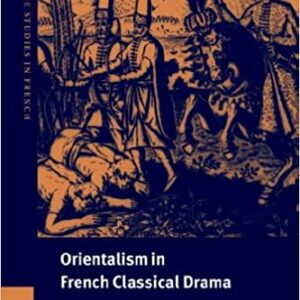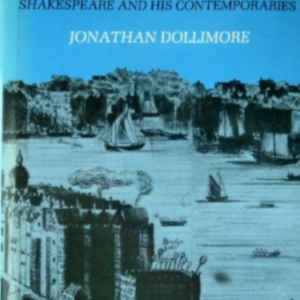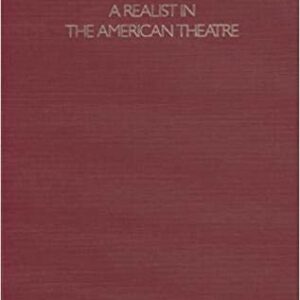
A Realist in the American Theatre: Selected Drama Criticism of William Dean Howells
Edited by Brenda Murphy (NHC Fellow, 1981–82) William Dean Howells has long been recognized as the chief spokesman for post-1880s American Realism. Most of his writing appeared in popular magazines, however, and has been lost to us. This collection brings together for the first time his most significant essays about American drama written between 1875 … Continued
